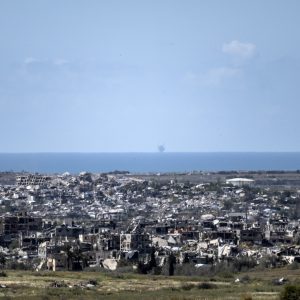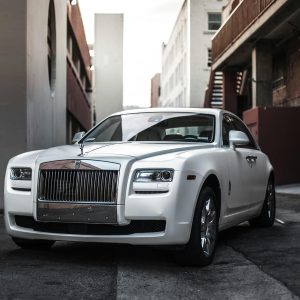Reformist hopes for breakthrough as Iran votes
Tehran, Iran – AFP
Iranians cast their ballots Friday in a presidential election marked by a lone reformist’s bid to break through against a divided conservative field.
Around 61 million Iranians were eligible to vote in the election called after the death of ultraconservative president Ebrahim Raisi in a helicopter crash last month.
The ballot comes against a backdrop of heightened regional tensions over Israel’s war on Gaza and discontent over the state of Iran’s sanctions-hit economy.
The contenders approved by the Guardian Council, which vets all candidates, include conservative parliamentary speaker Mohammad Bagher Ghalibaf and ultraconservative former nuclear negotiator Saeed Jalili. Also running are the sole reformist, Masoud Pezeshkian, and a fourth candidate, cleric Mostafa Pourmohammadi.
Two ultraconservatives — Tehran mayor Alireza Zakani and Raisi’s former vice president Amir-Hossein Ghazizadeh-Hashemi — dropped out on the eve of the election.
Calling it “a day of joy and happiness,” supreme leader Ayatollah Ali Khamenei voted shortly after the polls opened.
“We encourage our dear people to take the issue of voting seriously and participate,” said Khamenei, who holds ultimate political power in the Islamic republic.
At the last poll in 2021, turnout was just under 49 percent.
– Cautious hopes –
Ahead of this election, some voters expressed concerns about the mounting effects of soaring inflation and the decline of the rial against the dollar.
“We indeed have problems, everything is expensive, but we hope that with the arrival of a new president these problems will be solved,” said Ghezelbash, a retired employee from the public sector, who only gave his last name.
“We are Iranians and make our own decisions about the country’s issues.”
Another voter, Mohammad Reza Hadi, 37, a student in Tehran, said: “We are taking part in the election to determine the political fate and governance of our country ourselves.”
Khamenei insisted this week that “the most qualified candidate” must be “the one who truly believes in the principles of the Islamic Revolution” of 1979 that overthrew the US-backed monarchy.
The next president, he said, must allow Iran “to move forward without being dependent on foreign countries”, although he added Iran should not “cut its relations with the world”.
The candidacy of Pezeshkian, until recently a relative unknown, has revived cautious hopes for Iran’s reformist wing after years of dominance by the conservative and ultraconservative camps.
Iran’s last reformist president, Mohammad Khatami, praised him as “honest, fair and caring”.
Khatami, who served from 1997 to 2005, had also endorsed the moderate Hassan Rouhani, who won the presidency and sealed Iran’s nuclear deal in 2015 with Western powers before it was derailed three years later.












